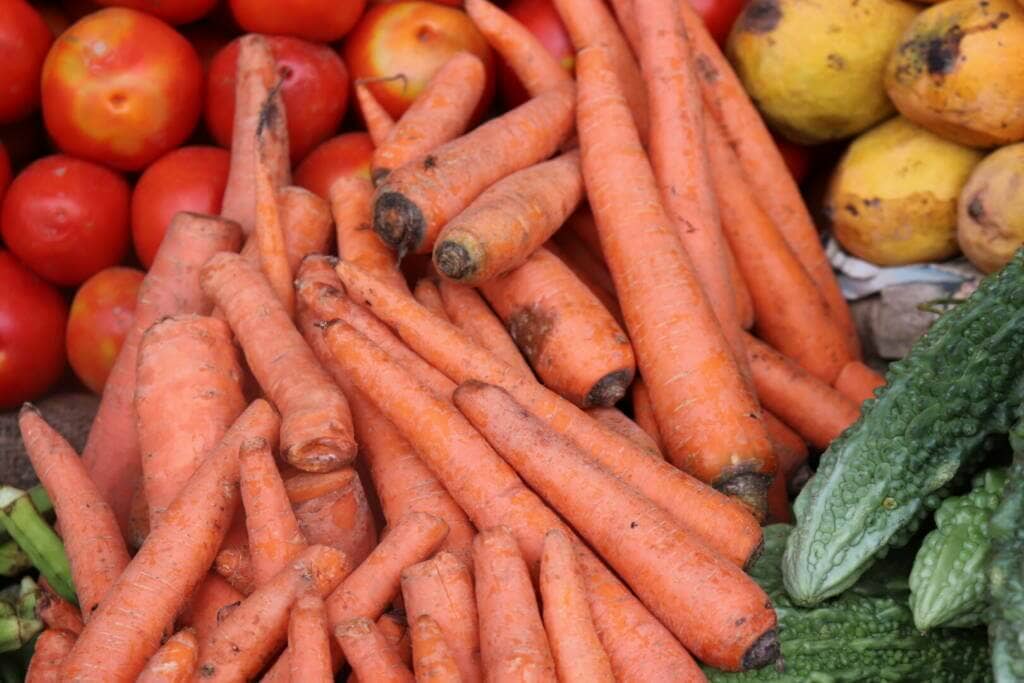Highlights
A systematic review of different studies published on dried fruit intake indicates that its consumption reduces the risk of cancer. Surprisingly, reports also suggest that dried fruits such as dried figs, raisins, prunes, dates etc are as effective as fresh fruits in reducing cancer risk. While these findings look promising, more research is needed to establish whether a diet/nutrition rich in dried fruit is beneficial for cancer prevention. For cancer, right nutrition/diet matters.
Taking a healthy and balanced diet is helpful in preventing cancer. Studies have reported that consumption of healthy foods like fresh fruits and vegetables can reduce the risk of certain types of cancers. Dried fruits, which are nothing but the raw fruits with their water content removed naturally or via other methods, have an improved shelf-life period and many of us use them in our modern diet. However, they are perceived as less healthy than fresh fruits as they contain more sugar content and it is unclear whether dried fruit intake has the same protective effect against cancer as fresh fruit intake.

Foods to Eat After Cancer Diagnosis!
No two cancers are the same. Go beyond the common nutrition guidelines for everyone and make personalized decisions about food and supplements with confidence.
Dried Fruits & Cancer Risk
A systematic review of 16 observational studies published between 1985 and 2018 was done to assess the possibility of any association between traditional dried fruit consumption and cancer risk in humans (Mossine VV et al, Adv Nutr. 2019). Most of the studies included in the review were conducted in the United States, Netherlands and Spain with a total of 12,732 cases from 437,298 participants. The review was recently published in the Advances in Nutrition Journal.
Below is the summary of the key findings:
- There is an inverse association between dried fruit intake and risk of cancer.
- Increasing the intake of dried fruits such as raisins, figs, prunes (dried plums) and dates to 3-5 or more servings per week may be beneficial for reducing the risk of cancers like pancreatic, prostate, stomach, bladder and colon cancers.
- Based on the studies reviewed, its intake did not show protective effects on lung cancer or breast cancer risks.
- Dried fruit intake is as effective as fresh fruit intake in reducing the risk of cancer.
Dried fruits are rich in fiber, minerals and vitamins and have anti-oxidant and anti-inflammatory properties. Dried fruits like raisins can also control blood sugar levels. Taking a relatively smaller portion of dried fruits compared to fresh fruits may give similar benefits as fresh fruit intake. Preclinical studies also indicate a positive impact of prunes/dried plums in retaining useful microbial environment and metabolism in the colon, thereby aiding in reducing the risk of colon cancers (Derek V Seidel et al, Biochemistry and Molecular Biology, 2017). While there are studies indicating that dried fruit intake can reduce the risk of cancer, more research is needed to establish this fact. But the bottom line is that eating dried fruits can supplement fresh fruits and may be beneficial for cancer prevention and general health and well being.
What food you eat and which supplements you take is a decision you make. Your decision should include consideration of the cancer gene mutations, which cancer, ongoing treatments and supplements, any allergies, lifestyle information, weight, height and habits.
The nutrition planning for cancer from addon is not based on internet searches. It automates the decision making for you based on molecular science implemented by our scientists and software engineers. Irrespective of whether you care to understand the underlying biochemical molecular pathways or not - for nutrition planning for cancer that understanding is needed.
Get started NOW with your nutrition planning by answering questions on the name of cancer, genetic mutations, ongoing treatments and supplements, any allergies, habits, lifestyle, age group and gender.

Personalized Nutrition for Cancer!
Cancer changes with time. Customize and modify your nutrition based on cancer indication, treatments, lifestyle, food preferences, allergies and other factors.
Cancer patients often have to deal with different chemotherapy side effects which affect their quality of life and look out for alternative therapies for cancer. Taking the right nutrition and supplements based on scientific considerations (avoiding guesswork and random selection) is the best natural remedy for cancer and treatment related side-effects.
